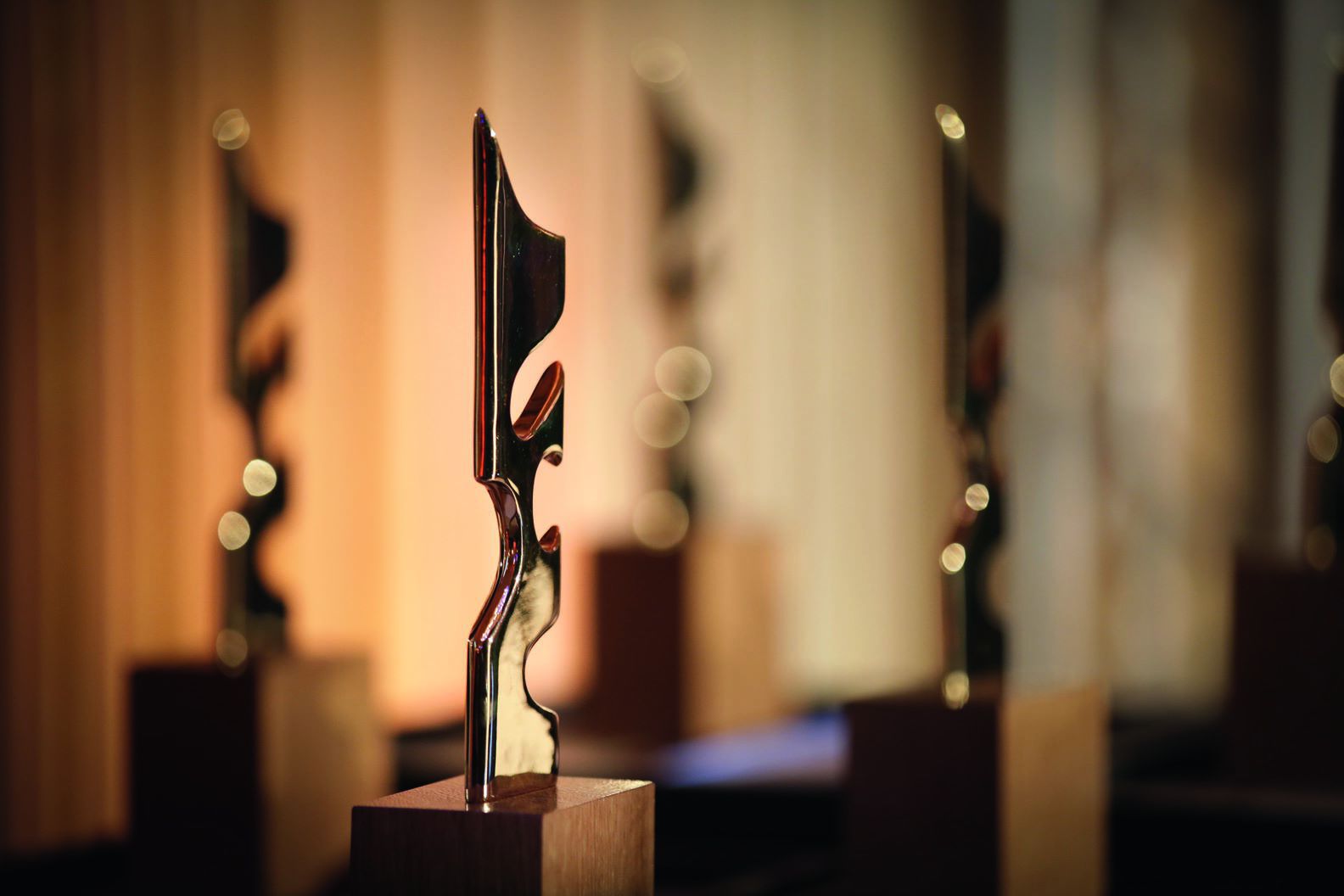Who will get to be the best HEC entrepreneurs in the world ?

Every year since 1999, the Mercure HEC Awards reward the best entrepreneurs of the HEC community. Alumni can vote for their favorites among the 36 selected profiles. The 2023 edition takes on an international scope, with nominees spread across seven areas: France, Europe, Africa, South and Central Asia, Middle East, East Asia and Pacific, and finally North America. In the age of crypto-currency, the process has been made quite playful as voters will appoint the winners by “investing” on the candidates with a virtual currency created for the occasion. But what exactly will the voters be staking on ? The president and co-founder of the Mercures, Jean-Christophe Myon (H.86), sheds a light on the purpose of this prize.
HEC Stories: You talk a lot about “the HEC brand values”, what are they? What interests you in an entrepreneur?
Jean-Christophe Myon: The first value is excellence. Then, creativity, originality, the relevance of an entrepreneur able to create something new, seize the right trend or install a product at the right time, even if it’s not very original. There is also a form of generosity an entrepreneur must have, in my opinion. I did the HEC-Entrepreneurs course with Robert Papin many years ago, and this is something that came back a lot in the selection process. There has to be ambition, of course, but if you only consider the financial aspect, it’s a bit limiting. Sometimes we tend to reward entrepreneurs who have raised the most money. But success is not always there and the business can collapse two years later. On the other hand, someone who creates jobs, who has the most impact on a sector, on our society, stands out from the crowd. Also, risk is part of being an entrepreneur. As we often say, entrepreneurship is having your head in the stars and your feet in the clay. For me, this is a very good definition of an entrepreneur.
HEC Stories: Were the entrepreneurs selected based on environmental impact criteria?
Jean-Christophe Myon: This is a real debate that we had within the team who runs and develops the Mercures. It is, of course, a fundamental subject and one of the key elements pushed by the school. But there are so many forms of entrepreneurship and we have to represent all entrepreneurs. We want to be able to meet those who have developed great activities in more traditional sectors, where they might have created many jobs. This is honorable and it is also representative of HEC’s excellence. For instance, the portfolio of African nominees is interesting. There are three start-ups, people who are in microfinance, in tech, and a real estate developer. This is what I call a traditional entrepreneur. He is not in a start-up logic.
Today, we tend to confuse entrepreneurs with startupers. Of course, they are very important and develop the entrepreneurial spirit in the community in an incredible way. But they are not the only ones. Buyers are very important too. In India, for example, one nominee took over a family business. He’s also an entrepreneur, because he’s growing his business.
HEC Stories: Have the Mercures evolved since their creation?
Jean-Christophe Myon: When we created the Mercures, the HEC Prize of the Year already existed, but it only rewarded big corporate leaders. The environment was very different. We wanted to promote a way of developing a professional career that was not very trendy at the time. When I was on campus in 1986, we were perceived as a bit of an oddity. Now it’s the major everybody wants to go into. Today, impact is one of the key values that the school has set for itself, in the strategic development axes, but there is also entrepreneurship.
This prize is an essential showcase that reflects this dimension. In the context of the Mercures, when I see the success of Frédéric Jousset, Pierre Kosciusko-Morizet, and many other people I could mention… These are HEC entrepreneurs. This proves that, somehow, their education led them to the top.
You have until April 24th to elect the winners of the Mercure HEC Awards.
Published by La rédaction

